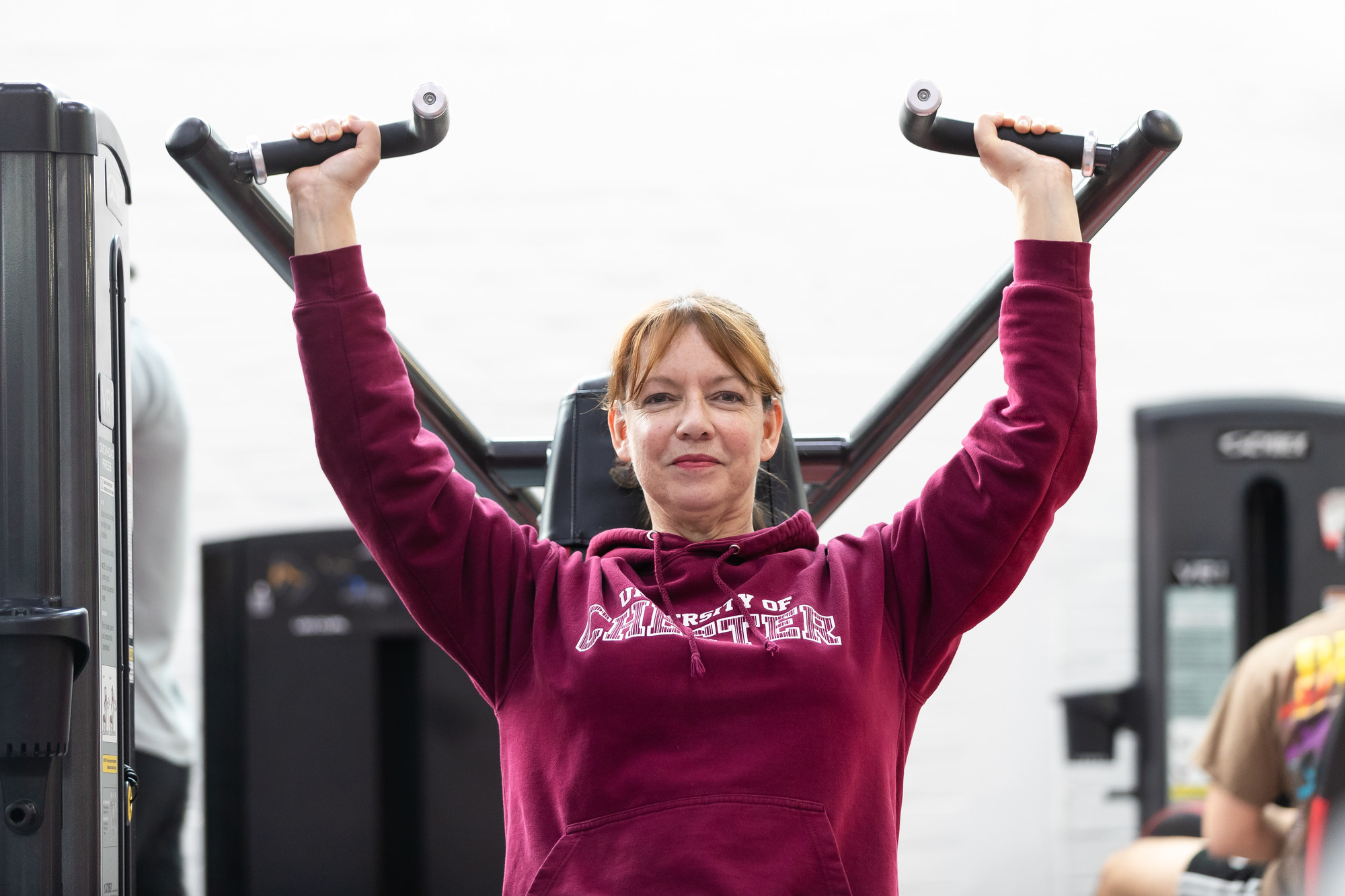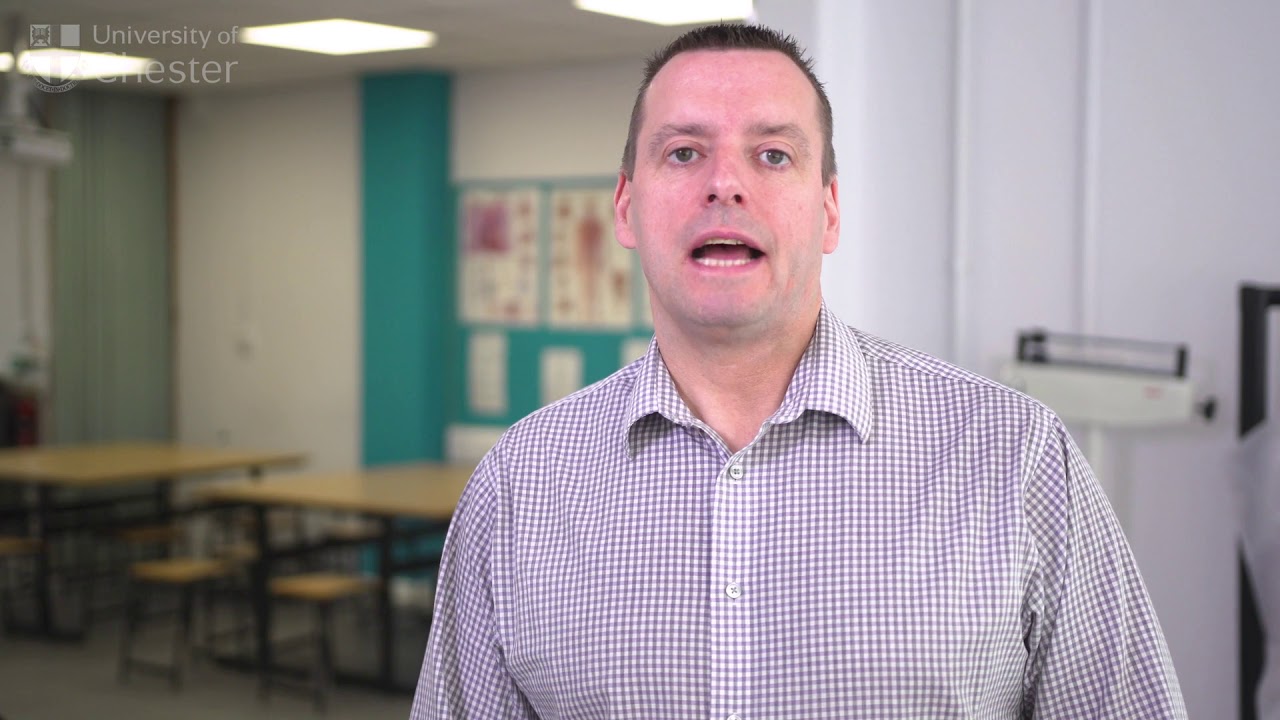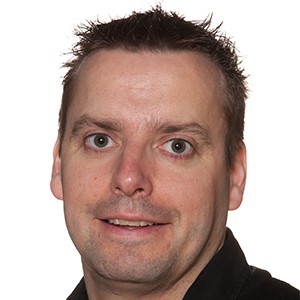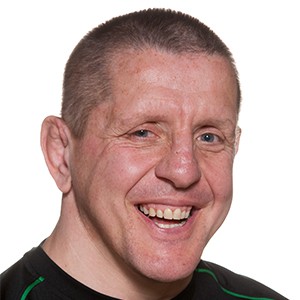Sociology of Sport, Health and Exercise MSc


You are viewing Course summary
Course Summary
The Sociology of Sport, Health and Exercise is an increasingly important discipline in understanding sport, exercise and wider fields such as health. Students studying this course will be better prepared to understand the place sport and exercise have within society and apply this to a range of vocational careers in the field.
Our MSc in the Sociology of Sport, Health and Exercise is taught bySport and Exercise Sciences academic staff, whose commitment to research-informed teaching makes the course academically rigorous while creating a relaxed learning environment that the students find enjoyable.
Our graduates have gone on to pursue successful careers including: teaching in further/higher education institutions; full-time funded doctoral research; working with local, national and international sports organisations; research and consultancy; physical education teaching; and working in the health and fitness industry.
What you'llStudy
All modules will enable you to explore, theoretically and empirically, research topics that interest you. These include: sport and health, sport policy and development, physical education and youth sport, journalism, the media, drugs, and body image. You will be encouraged to work with sociological theories and topics that are directly of interest to you throughout the course, and then build on this with a final research thesis.
Module content:
- Introduction to the use of sociological theories with particular reference to sport and exercise;
- The role of values and ideology in theoretically informed research;
- Detailed assessment of the strengths and weaknesses of various dominant theories for an understanding of sport and exercise, including Marxism, Neo-Marxism and cultural studies, symbolic interactionism, figurational sociology, feminisms, post-structuralism and Bourdieu
Module aims:
- To develop in students a critical insight and awareness of the key sociological theories, as they have been applied to an understanding of sport and exercise.
Module content:
- What constitutes an issue? Definition of social issues;
- Issues regarding ethnicity, gender, class, age, disabilities;
- The use of drugs in sport;
- Violence in sport;
- Sport and nationalism;
- Sport, the media and commercialism;
- The health/injury balance sheet.
Module aims:
- The fundamental aim of the module is to improve students’ understanding of each of the issues as well as to differentiate, crucially, between a social and sociological issue and the ways in which the latter can inform the former.
Module content:
- Philosophy and theory - philosophical perspectives;
- Science & values;
- Ethical issues in research;
- Theory & data;
- Research and policy formation;
- Starting the research process: identifying the research problem;
- Timetabling research;
- Library & information science;
- Reviewing the literature;
- Sampling & survey techniques;
- Interviewing;
- Use of statistics, official data, historical documents;
- Content analysis;
- Observation & participant observation.
Module aims:
- To provide students with a critical understanding and knowledge of a variety of research techniques in order that they can justify their choice and use in subsequent independent research projects
Module content:
- Introduction to the sociology of physical education;
- The development of physical education;
- Philosophies and ideologies of physical education;
- Sport and exercise in physical education;
- Physical education and health;
- The National Curriculum in physical education;
- Gender issues in physical education;
- Physical education and social inclusion;
- Careers in physical education.
Module aims:
- To develop in students a critically informed sociological understanding of the work situation of those employed within the field of physical education as well as the interdependence of PE with the work of government, sports development officers, national governing bodies and sports clubs.
Module content:
- Work, spare time and leisure;
- Main perspectives in the sociology of leisure;
- Historical development of leisure;
- The politics of leisure policy;
- Leisure and gender;
- Leisure and social class;
- The globalisation of leisure;
- Sports tourism;
- Leisure and consumer culture.
Module aims:
- To develop in students a critical sociological understanding of the work situation of those employed within the field of leisure provision and the ways in which this field has undergone continuities and changes over the past 25 years
Module content:
- Theory and sport policy;
- Evidence-based sport policy;
- Sport, inequality and social inclusion;
- Sport and social development;
- Sport and urban regeneration;
- Elite-sport development;
- Sport, crime and drug use;
- Sport policy and health;
- Mega-events and sport policy.
Module aims:
- To develop in students a sociological understanding of the work situation of those employed within the field of sports development and the complexities of the sport policy process
Module content:
- Introduction to health-related exercise;
- The social relations of physical activity, exercise and sport;
- Examination of the health benefits of physical activity;
- Sports policy or health policy?;
- Pain and injury in sport;
- The development of sports medicine;
- Contact sport and health;
- Abuse, welfare and safeguarding in sport.
Module aims:
- To develop a sociological understanding of the field of health-related exercise;
- To develop a critical sociological understanding of the sports-health-exercise nexus and the ideologies of the dominant groups in this field.
Module content:
- History of media sport;
- Globalisation and the media/sport production complex;
- Television, sport and sponsorship;
- Reporting sport;
- The audience experience of media sport;
- Sport, media and gender;
- Sport, media and nationalism;
- Sport, media and violence;
- Sport, media and ethnicity.
Module aims:
- To develop a critical sociological understanding of the dominant ideologies at play in, and the work situation of those employed in sports-related careers in the mass media.
Module content:
- The specific content will vary according to the research area chosen by the student.
Module aims:
- To develop students’ abilities to use relevant research resources (e.g. library-based, documentary, available empirical data whether academic or sports-related) to generate an appropriate bibliography and to identify and to use published sources of information in order to resolve theoretical and/or empirically grounded problems within the sociology of sport and exercise.
Module content:
- The specific content will vary according to the research area chosen by the student.
Module aims:
- To develop students' understanding of, and ability to carry out, theoretically informed, empirically grounded and methodologically and ethically sound research.

MSc Sociology of Sport and Exercise at the University of Chester
Full-time students have six hours’ contact time per week, plus additional student tutorials. You will also be expected to engage in up to 20 hours’ private study per week.
Beyond the Classroom
On this course, you’ll spend time out on placement where you’ll apply what you have learnt to real scenarios in the workplace, giving you genuine experience and insight that will prepare you for your future career.
Entry Requirements
2:2 honours degree
Applications are expected from students who have studied sport and exercise sciences, sociology, education, health or history, or similar graduates with a relevant first degree (minimum of 2:2 honours or equivalent). Applications from students with related work experience in the fields of sport, education, health and leisure are welcome.
2:2 honours degree
Applications are expected from students who have studied sport and exercise sciences, sociology, education, health or history, or similar graduates with a relevant first degree (minimum of 2:2 honours or equivalent). Applications from students with related work experience in the fields of sport, education, health and leisure are welcome.
English Language Requirements
For more information on our English Language requirements, please visit International Entry Requirements.
Fees and Funding
£8,505 per year (2024/25)
Guides to the fees for students who wish to commence postgraduate courses in the academic year 2024/25 are available to view on our Postgraduate Taught Programmes Fees page.
£14,750 per year (2024/25)
The tuition fees for international students studying Postgraduate programmes in 2024/25 are £14,750.
The University of Chester offers generous international and merit-based scholarships for postgraduate study, providing a significant reduction to the published headline tuition fee. You will automatically be considered for these scholarships when your application is reviewed, and any award given will be stated on your offer letter.
For more information, go to our International Fees, Scholarship and Finance section.
Irish Nationals living in the UK or ROI are treated as Home students for Tuition Fee Purposes.
Your course will involve additional costs not covered by your tuition fees. This may include books, printing, photocopying, educational stationery and related materials, specialist clothing, travel to placements, optional field trips and software. Compulsory field trips are covered by your tuition fees.
If you are living away from home during your time at university, you will need to cover costs such as accommodation, food, travel and bills.
The University of Chester supports fair access for students who may need additional support through a range of bursaries and scholarships.
Full details, as well as terms and conditions for all bursaries and scholarships can be found on the Fees & Finance section of our website.
Your Future Career
Job Prospects
Our graduates have gone on to pursue careers including: teaching in further/higher education institutions; full-time funded doctoral research; working with local, national and international sports organisations; research and consultancy; physical education teaching; and working in the health and fitness industry.
Careers service
The University has an award-winning Careers and Employability service which provides a variety of employability-enhancing experiences; through the curriculum, through employer contact, tailored group sessions, individual information, advice and guidance.
Careers and Employability aims to deliver a service which is inclusive, impartial, welcoming, informed and tailored to your personal goals and aspirations, to enable you to develop as an individual and contribute to the business and community in which you will live and work.
We are here to help you plan your future, make the most of your time at University and to enhance your employability. We provide access to part-time jobs, extra-curricular employability-enhancing workshops and offer practical one-to-one help with career planning, including help with CVs, applications and mock interviews. We also deliver group sessions on career planning within each course and we have a wide range of extensive information covering graduate jobs and postgraduate study.










